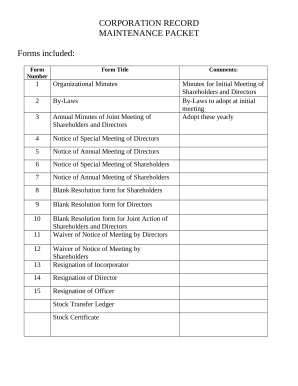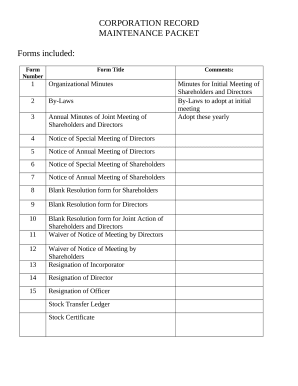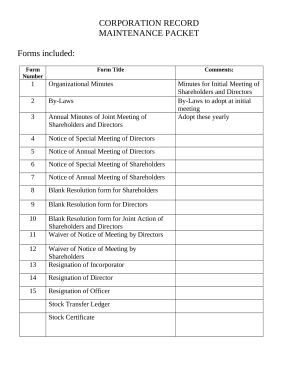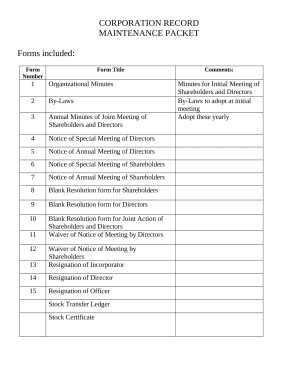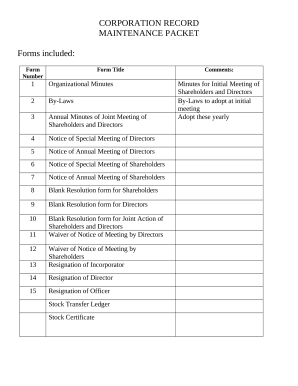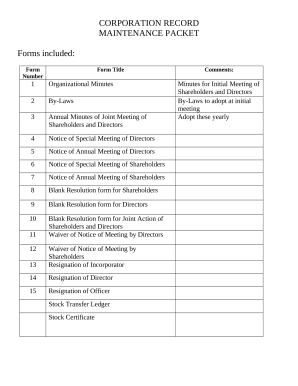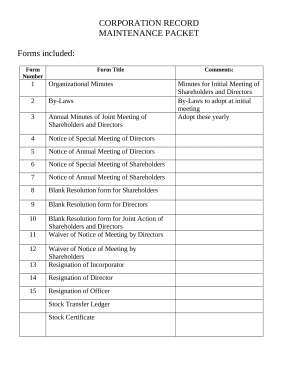Enhance your productivity with Company Records Maintenance
Record managing occupies to half of your office hours. With DocHub, you can easily reclaim your office time and enhance your team's productivity. Get Company Records Maintenance online library and check out all templates related to your daily workflows.
The best way to use Company Records Maintenance:
- Open Company Records Maintenance and employ Preview to obtain the appropriate form.
- Click Get Form to begin working on it.
- Wait for your form to upload in our online editor and start editing it.
- Add new fillable fields, symbols, and pictures, change pages, and many more.
- Complete your template or set it for other contributors.
- Download or share the form by link, email attachment, or invite.
Accelerate your daily file managing with our Company Records Maintenance. Get your free DocHub account right now to discover all forms.
